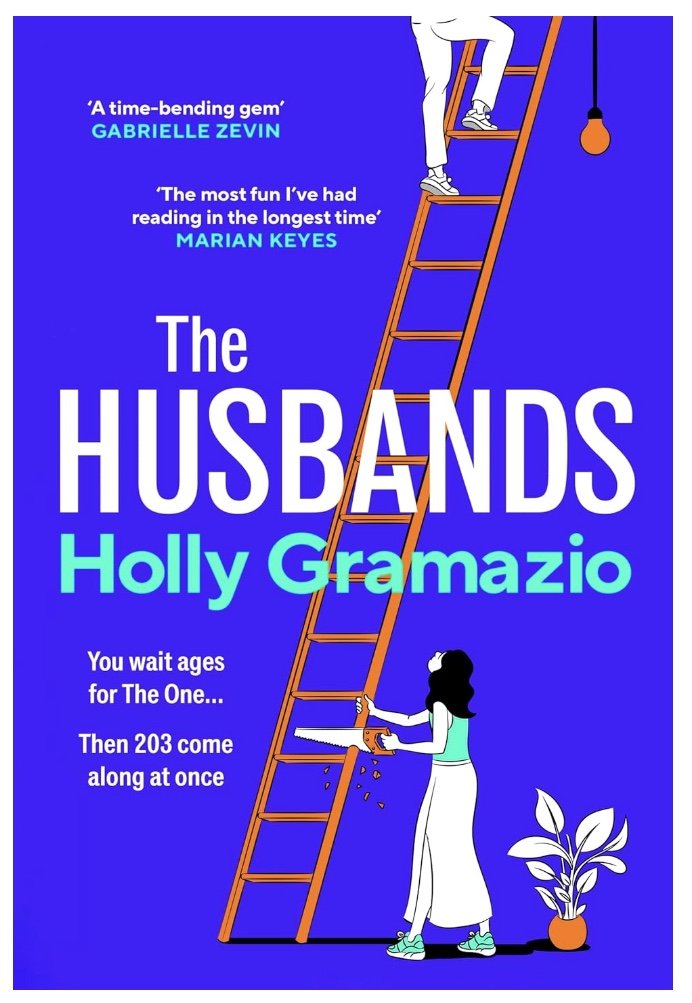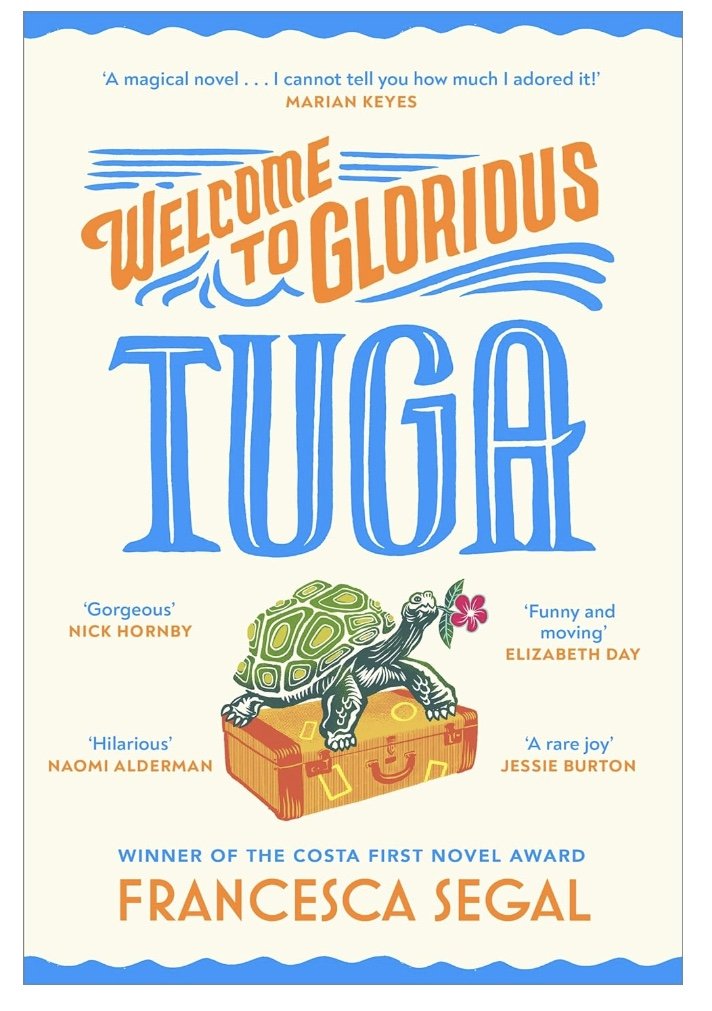Isn’t it ironic?
An open padlock but no sign of the key!
So someone stole the lock we put on the food recycling bin in work.
Did the thief fly-tip a load of rubbish in there, contaminating all the food waste that goes into making this?
No, they just stole the lock. The very thing that that’s supposed to keep bin secure was itself pinched. Isn’t that ironic?
Or is it? Because what is irony? It is definitely one of those words you think you know but when you get asked to define what it is, you sort of, um, kinda, well it is . . . you can’t.
And if you start singing that Alanis Morissette song, conveniently called Ironic, you might be aware there was much criticism at the time that none of the instances in the song are, in fact, ironies.
So while
Meeting the man of my dreams
And then meeting his beautiful wife
is just an unhappy coincidence, coming across that exact situation at the wedding of your best friend is genuinely ironic.
But I’m going to be controversial and argue that Alanis Morisette’s song has changed what we think of as irony. That’s what those songs and films from the distant past of the 1990s can do now; be so old and familiar, they’ve redefined the meaning of things.
Take that Gwyneth Paltrow film whose title has come to define those instances where our lives take off on an entirely different course just because of one split-second decision. What did we use to call those? We called them ‘what if’ moments but if you tried that now, you might get told ‘Oh, you mean a Sliding Doors moment?’
Anyway, back to irony, so slippery to define but there is a category of irony that is much easier to spot and might help us out.
Dramatic irony is the one where the audience knows more than the characters on stage or, more likely, on screen. Like that bit in the pantomime where you should out ‘he’s behind you!’ We know the villain is standing there at the back, the hero does not.
A couple of book-ish examples where the reader knows more than the characters in the book then. We know the bartender at Sammy’s funeral has ill intention towards Eleanor Oliphant; she does not. We find out the truth about Amazing Amy in Gone Girl long before her husband, Nick, does. That gap between what the characters think is going on and what is really going on, that’s dramatic irony.
And that gap is where the other kind of irony lives too, in that space between what you expect the situation to be and what it actually is. Or as Joy from Stranger Things and Robin Buckley’s dad put it.
Jaded looking dog with dog toys in shape of Rishi Sunak and Keir Starmer
At the time of writing this, we are a third of the way through General Election fever and regardless of how you feel about politics, you may be even more interested in reading for distraction than usual. If that’s you, I have two recommendations this month.
How often have I heard parents complain their children waste their time on gaming? If only they knew that gaming (which is where Holly Gramazio honed her skills) can lead to the much more respectable world of novel writing. Lauren finds out her attic is producing an endless number of husbands. If you’re in a gaming-type situation where you have an infinite number of lives (or husbands!), it would be a crime to pick just one. Wouldn’t it?
I’ve never watched Death in Paradise. Call me boring but weekly murder for the purposes of entertainment has never been for me. But a search for an unknown father, romance in all the wrong places and an elderly lady tortoise in paradise? Tick tick and tick. Glorious Tuga de Ora is almost certainly located geographically close to that criminal hub, St Honore!
Thanks for reading, thanks for subscribing. If you’d like to get in touch about almost anything, you can do that here!



